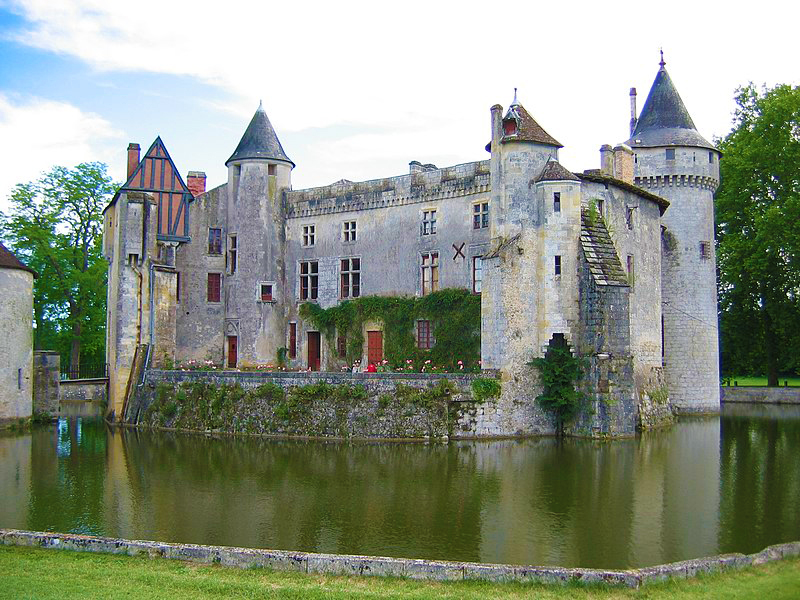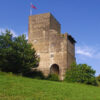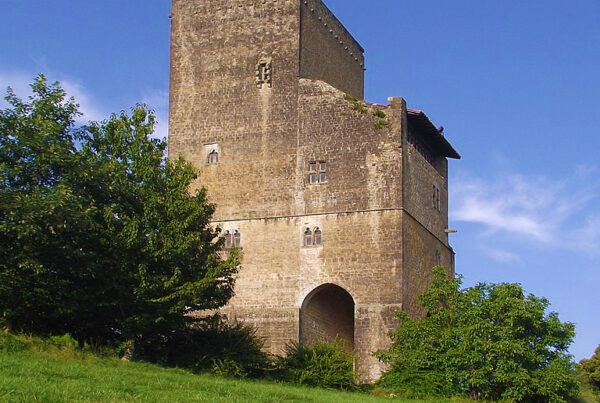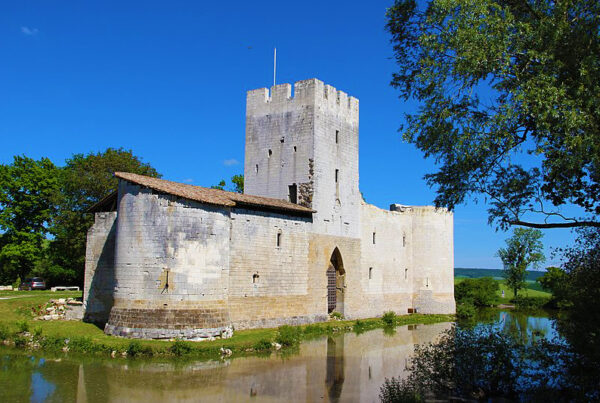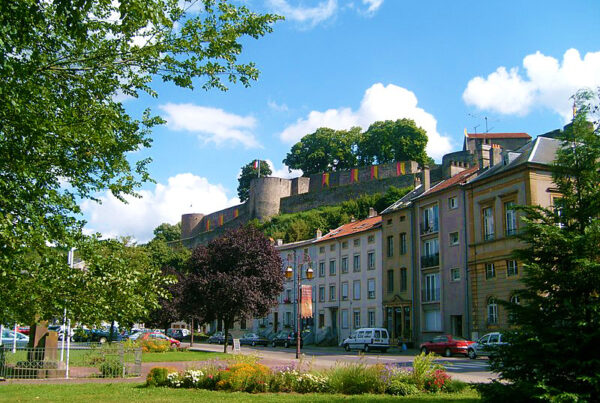Château de la Brède: The Birthplace of Montesquieu
Château de la Brède, located in the picturesque region of Nouvelle-Aquitaine in southwestern France, is a historic castle with deep literary and philosophical significance. It is renowned as the birthplace and ancestral home of the famous French philosopher and writer, Montesquieu. This elegant château is not only an architectural gem but also a place of intellectual heritage.
Historical Significance:
The history of Château de la Brède dates back to the 14th century when it was originally built as a medieval fortress. Over time, it underwent transformations, transitioning from a defensive stronghold to an elegant country residence. However, its most notable association is with Charles-Louis de Secondat, Baron de La Brède et de Montesquieu, commonly known as Montesquieu.
Key Features of Château de la Brède:
Architectural Beauty: The castle showcases a harmonious blend of architectural styles, including medieval, Renaissance, and classical elements. Its elegant façade, symmetrical layout, and well-manicured gardens make it a visual delight.
Montesquieu’s Legacy: Château de la Brède holds immense significance in the world of literature and philosophy because it was here that Montesquieu was born and spent a significant part of his life. The philosopher’s works, including « The Spirit of the Laws » and « Persian Letters, » have had a profound impact on political thought.
Library and Archives: The castle houses an extensive library and archives, which include Montesquieu’s personal collection of books, manuscripts, and letters. These holdings provide valuable insights into the intellectual life of the 18th century.
Gardens and Grounds: The château is surrounded by beautifully landscaped gardens and expansive grounds. Visitors can explore the formal French gardens, stroll through tree-lined avenues, and enjoy the serenity of the estate.
Guided Tours: Château de la Brède offers guided tours that provide a comprehensive understanding of Montesquieu’s life and work, the history of the castle, and its architectural features. Visitors can step into the rooms where Montesquieu lived and worked.
Visiting Château de la Brède:
Château de la Brède is open to the public, allowing visitors to delve into the world of Montesquieu and appreciate the historical and cultural significance of the castle. A visit here offers a unique opportunity to connect with the Enlightenment era and the ideas that shaped modern political philosophy.
The charming village of La Brède, surrounding the castle, is also worth exploring. It provides a glimpse into the tranquil countryside of Nouvelle-Aquitaine and offers a chance to savor the local cuisine and wines.
Château de la Brède stands not only as a beautifully preserved historic site but also as a symbol of intellectual inquiry and the enduring legacy of one of France’s greatest thinkers.
